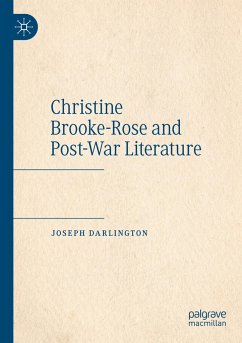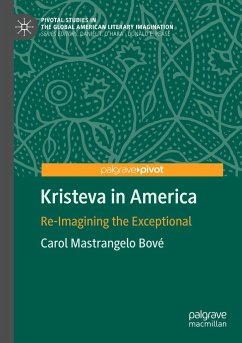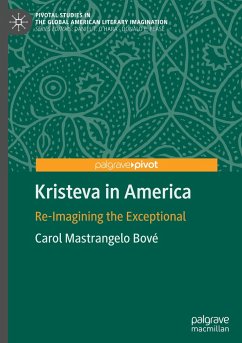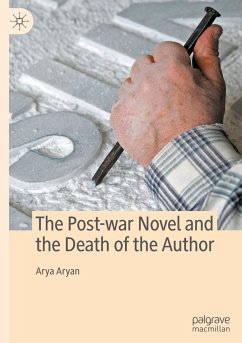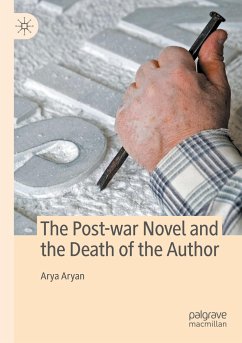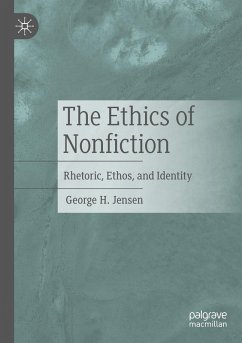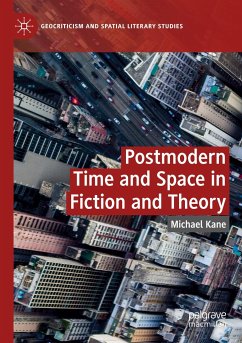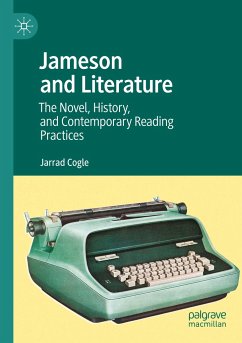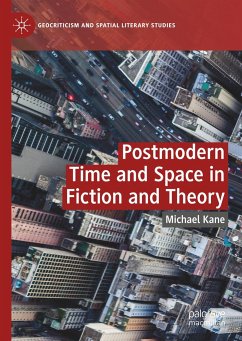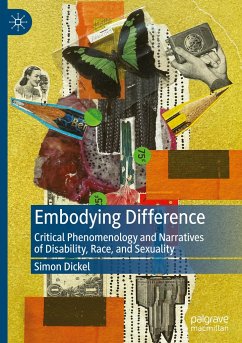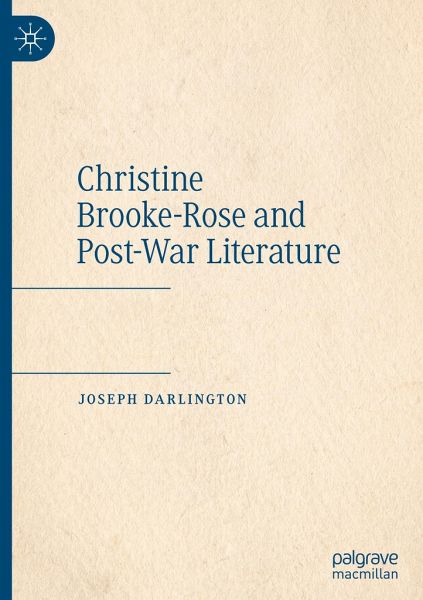
Christine Brooke-Rose and Post-War Literature
Versandkostenfrei!
Versandfertig in 6-10 Tagen
83,99 €
inkl. MwSt.
Weitere Ausgaben:

PAYBACK Punkte
42 °P sammeln!
This book utilizes archive research, interviews and historical analysis to present a comprehensive overview of the works of Christine Brooke-Rose. A writer well-known for her idiosyncratic and experimental approaches to the novel form; this work traces her development from her early years as a social satirist, through her space-aged experimentalism in the 1960s, to her later poststructuralism and interest in digital computing and genetics. The book gives an overview of her writing and intellectual career with new archival research that places Brooke-Rose's work in the context of the historical...
This book utilizes archive research, interviews and historical analysis to present a comprehensive overview of the works of Christine Brooke-Rose. A writer well-known for her idiosyncratic and experimental approaches to the novel form; this work traces her development from her early years as a social satirist, through her space-aged experimentalism in the 1960s, to her later poststructuralism and interest in digital computing and genetics. The book gives an overview of her writing and intellectual career with new archival research that places Brooke-Rose's work in the context of the historically important events in which she was a participant: Bletchley Park codebreaking in the Second World War, the events in Paris during May 1968, the dawning of the internet and the rise of poststructuralism. Joseph Darlington begins with Brooke-Rose's first novels written in the late 1950s of social satire, studies her experimental phase of writing and finally illuminates her unique approach to autobiography, arguing for reevaluating this interdisciplinary author and her contribution to poststructuralism, life writing and post-war literature.





